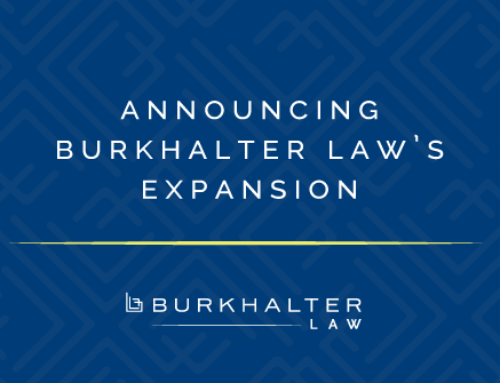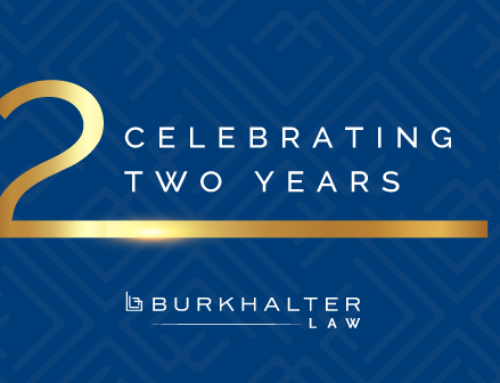On November 2, 2020, the Georgia Supreme Court issued an opinion in Quynn v. Hulsey et al., Case No. S19G1612. At issue was whether the Court of Appeals erred in holding an employer whose driver struck and killed the decedent was entitled to summary judgment on claims of negligent entrustment, hiring, training and supervision because the employer had conceded respondeat superior and the estate was not entitled to punitive damages. The Supreme Court reversed the Court of Appeals’ decision and concluded Georgia’s apportionment statute, O.C.G.A. § 51-12-33, abrogated this rule.
The trial court granted partial summary judgment to TriEast on claims for punitive damages, negligent entrustment, hiring, training and supervision, leaving only negligence claims for the jury. The jury apportioned 50% fault to the driver/TriEast and 50% fault to the decedent, thus precluding any recovery by the estate. The Court of Appeals affirmed the decision based on a “respondeat superior rule” adopted in the 60s where if an employer concedes respondeat superior in the event the employee is negligent, the employer is entitled to summary judgment on claims for negligent supervision, hiring, training, supervision, and retention unless there is a valid claim for punitive damages for the employer’s independent negligence. The Supreme Court found this rule was inconsistent with the apportionment statute because the encompassed claims involve “fault” within the meaning of the apportionment statute yet the rule would preclude a jury from apportioning fault to an employer for these claims. The Supreme Court concluded this rule was abrogated by statute and no longer applies.
Supreme Court Opinion:
https://www.gasupreme.us/wp-content/uploads/2020/11/s19g1612.pdf





